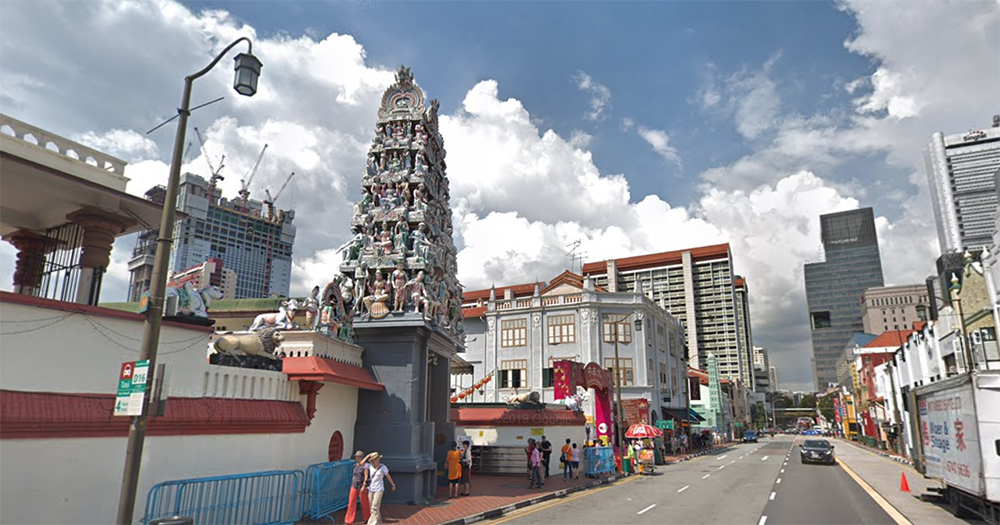The Minister for Home Affairs will be able to issue an immediate Restraining Order (RO) against individuals who stir up religious tensions online, if an amendment to the Maintenance of Religious Harmony Act (MRHA) is passed by Parliament.
The Bill to amend the existing law, first enacted in 1992, was tabled in Parliament for its first reading on Monday, Sept. 2.
Scope of Restraining Orders to be updated for online posts
The current scope for restraining orders in the current Act was developed prior to many things, including the advent of social media.
The Act currently gives powers for the government to issue an RO against individuals who cause feelings of animosity between religious groups.
An RO can also be issued against religious leaders or members who promote a political cause, or are found to be carrying out subversive activities.
But under the current rules, prior to the actual issuing of the RO, a 14-day notice has to be given to both the offender as well as his or her religious group.
In a press release sharing more details about the amendments, MHA noted that the advent of the Internet and social media compels the government to take swift action against inflammatory online statements.
The scope of the RO will therefore be expanded to require the offender to take down the offensive online post with immediate effect.
How does issuing an RO work now?
Here's how an RO is currently issued under the MRHA:
The Minister gives the offender, the head of his religious group, and the Presidential Council for Religious Harmony (PCRH), notice of intention to issue the RO. The offender and his religious group have 14 days to make a written representation. At the same time, the PCRH also has 14 days to give its view.
The Minister will then issue the RO, which will take effect.
The RO must also be referred to PCRH within 30 days. In turn, the PCRH has up to 30 days to make a recommendation to the President after it receives the order.
The President then confirms, varies, or cancels the Order within yet another 30 days of receiving the PCRH’s
recommendation.
How will issuing an RO change after the Act is amended?
Here's how:
Once the Minister issues the order, it will take immediate effect.
Notice of the Order will also be sent to the offender, the head of his/her religious group, and the PCRH. The offender and his religious group will then have 14 days from the issuance of the Order to make written representations to the PCRH. BUT the order remains in effect (i.e. the post has to remain offline) during this time.
Afterwards, the PCRH will have up to 30 days to make a recommendation to the President about whether or not to grant the appeal.
The President will then have yet another 30 days to confirm, vary, or cancel the Order after receiving the PCRH’s recommendations.
Top image screenshot from Google Maps
If you like what you read, follow us on Facebook, Instagram, Twitter and Telegram to get the latest updates.
